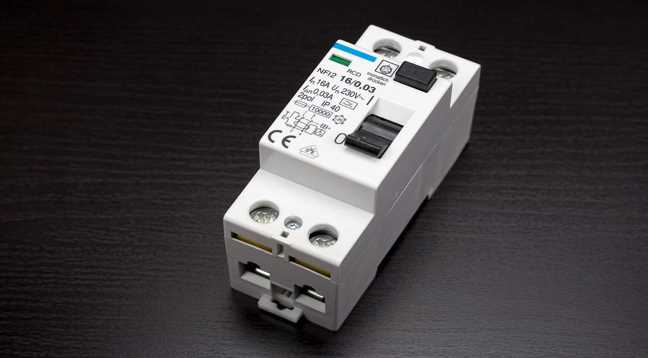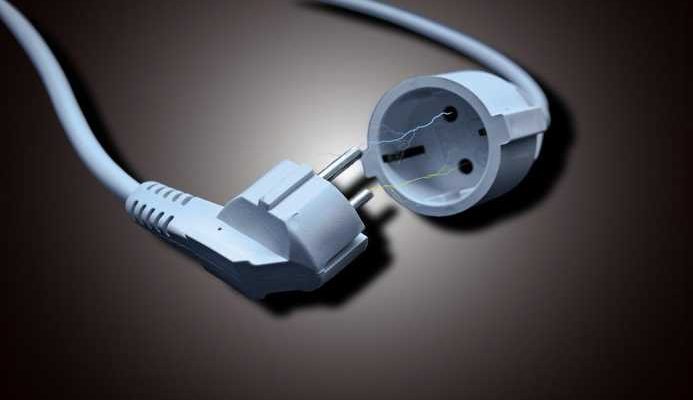Working with electricity can be a dangerous business. If you’re not careful, you could easily get electrocuted. But with the help of some great inventions, it doesn’t have to be as risky as it seems. From insulated gloves to safety goggles, these nine gadgets will help keep you safe while you work with electricity.
Insulated Gloves
Gloves that are made specifically for working with electricity are a must-have for anyone who regularly works with wires and other electrical components. They’re designed to protect your hands from shocks and burns, and they can make a big difference when it comes to safety.
These gloves are usually made from latex, which is a good conductor of electricity and they should be snug-fitting to prevent any skin from being exposed. The thickness of the gloves will vary depending on the level of protection they offer, so be sure to choose a pair that’s right for the job and the precision.
Current Probes
A current probe is a device that helps you measure the current in an electrical circuit. It’s a valuable tool for anyone who works with electricity, as it can help you avoid dangerous situations by giving you a clear understanding of what’s going on in the circuit. Current probes come in a variety of different styles, but they all serve the same basic purpose. Some of the most popular types are clamp-on probes, which can be attached to a wire or cable, and inductive probes, which are placed near the conductor.
Additionally, certain probes are designed for specific tasks. For example, there are current probes that are specifically for measuring AC, while others can measure both AC and DC. There are also specialty probes that are used for things like testing electrical outlets and checking the current in car batteries.
Safety Goggles
Eye injuries are one of the most common types of accidents that occur when working with electricity. That’s why it’s so important to wear safety goggles when you’re doing any kind of electrical work. These goggles will protect your eyes from flying debris and sparks, and they’ll also help to keep harmful chemicals and gases out
Look for a pair of safety goggles that fit snugly and that offer a clear view. And be sure to replace them regularly, as they can become scratched or damaged over time.
Non-Conductive Mat
If you’re going to be working with electricity, it’s important to have a non-conductive mat. This type of mat is made from a material that doesn’t conduct electricity, like rubber or plastic. It’s designed to protect you from shocks in case you accidentally come into contact with a live wire. Non-conductive mats are often used in electronic repair shops and industrial settings, but they can be used anywhere that there’s a risk of electrical shock.
You can also find mats that are made from conductive materials, which are designed to dissipate static electricity. These mats are often used in sensitive electronic environments, like data centers and laboratories.
Non-Conductive Tools
When you’re working with electricity, it’s important to use the right tools. That means using tools that are made from non-conductive materials, like plastic or wood. Using the wrong tool can be dangerous, as it could conduct electricity and cause a shock. Be sure to check the labels on your tools before you use them, and always err on the side of caution by choosing the non-conductive option.
For instance, if you’re working with a screwdriver, you should choose one with a plastic or wood handle. And if you’re using a hammer, be sure to choose one that has a rubber head.
Non-Conductive Tape
A tape is an essential tool for any electrician, and it’s important to choose the right kind. Conductive tape is made from a material that conducts electricity, so it’s not the best choice for electrical work. Instead, opt for non-conductive tape, which is made from a material like plastic or cloth.
There are tapes specifically designed for electrical work, so be sure to look for one of those. Non-conductive tape is used for a variety of purposes, like insulating wires and protecting against electrical shocks.
Circuit Breakers
A circuit breaker is a device that’s used to protect an electrical circuit from overload. It works by automatically shutting off the power to the circuit when it detects a problem. Circuit breakers are an important part of any electrical system, and they can help to prevent fires and other accidents. If you’re working with electricity, be sure to familiarize yourself with the circuit breakers in your area. That way, you’ll know how to safely shut off the power in an emergency.
Also, be sure to check the circuit breakers regularly to make sure they’re working properly.
Ground Fault Circuit Interrupters
Similarly, a ground fault circuit interrupter (GFCI) is a device that’s used to protect against electrical shocks. It works by interrupting the flow of electricity when it detects a problem. GFCIs are typically used in areas where there’s a risk of shock, like kitchens and bathrooms. Additionally, GFCIs can be used in outdoor areas to protect against shocks from damaged cords or equipment, like lawn mowers.
You can also consider using a portable ground fault circuit interrupter (GFCI). Portable GFCIs are small devices that can be plugged into an outlet. They offer the same protection as regular GFCIs, but they’re more convenient and can be used in a variety of settings.
Residual Current Device
On the other hand, a residual current device (RCD) is a similar device that’s used to protect against electrical fires. RCDs work by interrupting the flow of electricity when they detect an imbalance. This imbalance can be caused by several things, like a short circuit or an overload. RCDs are typically used in homes and businesses as a safety measure.
These devices can help to prevent fires by detecting problems early and shutting off the power before the situation gets out of hand.

Working with electricity can be dangerous, but several inventions can help to make it safer. Make sure to familiarize yourself with the circuit breakers in your area, and consider using a portable ground fault circuit interrupter (GFCI) for added protection.
Finally, be sure to check the labels on your tools before using them, and always err on the side of caution by choosing the non-conductive option. By following these simple safety tips, you can help to keep yourself safe while working with electricity.



